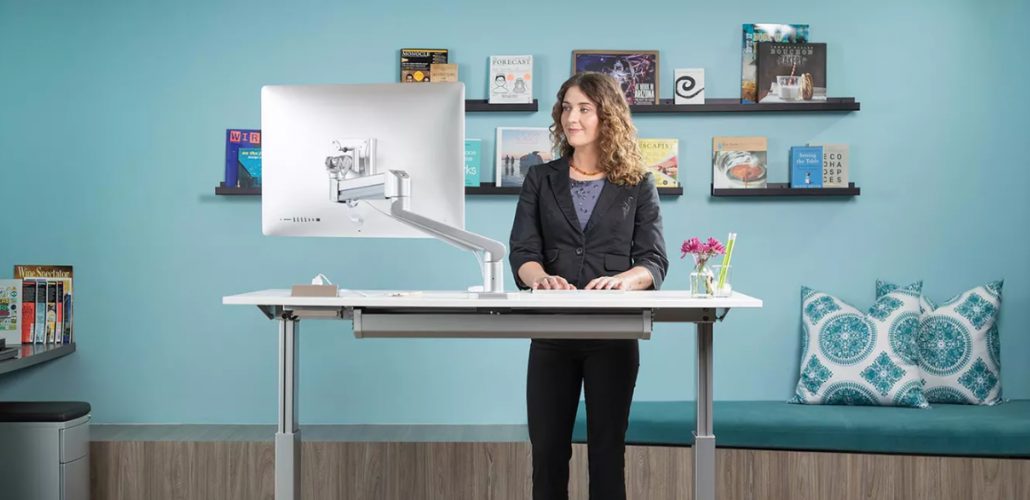How to make meetings more productive
Out-of-the-box thinking doesn’t happen in a box…right? In this article, we consider some different ways to help reignite the motivation for attending those weekly or monthly meetings.
Some people might say that most meetings in the workplace are often pointless and attendees feel anxious as there are always deadlines to meet and work that needs to be done. But what if the problem isn’t the actual meeting itself but more the environment and layout that it’s being held in which can sometimes be formal and uninviting…
Take a look at our tips for making meetings more inviting…
1. Only hold meetings if they’re essential
Save meetings for projects that are a necessity and for when all the team can get involved. If it can be replaced by a telephone call or an email, don’t hold it. If the meeting does need to be held, be conscious of time and try to keep it short – schedule no longer than 45 minutes per meeting so that employees recognise that you value their time and have an agenda.
2. Don’t get into a routine
If you schedule meetings for the same time every week, in the same location; eventually employee motivation and interest is going to plummet. If you want your team to find a solution to a task or you’re working on a long project, then you need to mix it up a little, try mornings and afternoons and see which time provides the best engagement and ideas. Consider carrying out some meetings outside of the office, perhaps in a coffee shop or over some lunch.
3. Is your meeting space inviting and inspiring for ideas?
If not, it might be worth considering re-decorating your meeting room and introducing some artwork to make it a more welcoming space for being creative. According to Forbes, 78% of respondents in a survey of over 800 employees working for 32 U.S companies claimed that art in the workplace helped reduce their stress.
4. Consider standing desks
Employees spend most of their working day sitting at a desk so it’s not particularly motivating to move from one rolling chair to another. It’s been mentioned time and again that sitting does you no good… yet the same is true about standing all day! What you really want to do is alternate between the two with the help of a sit-stand desk. This will ultimately help you reduce the health risks posed by both. Consider ditching the standard table and chair set up and opt for this healthier way of working. Meetings may then seem like a refreshing change of scenery.
5. Informal workspace meetings
Sometimes a formal meeting isn’t required, have you thought about introducing informal employee workspaces where ideas can be brought to life away from your desk without the need to be in a meeting room? Curious? Take a look at some ideas here or check out this brochure for inspiration.
6. Offer incentives and rewards

Competitions and mini-games can be a great way to encourage enthusiasm and attendance for meetings. After all, everyone loves a freebie. Giving away snacks and refreshments during the meeting will generate interest and depending on your budget, consider rewards for the best ideas that are brought to the table.










